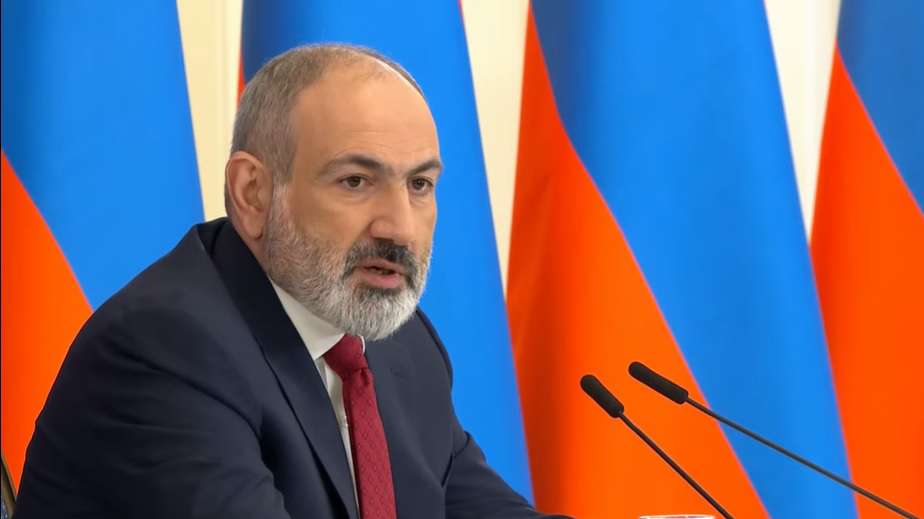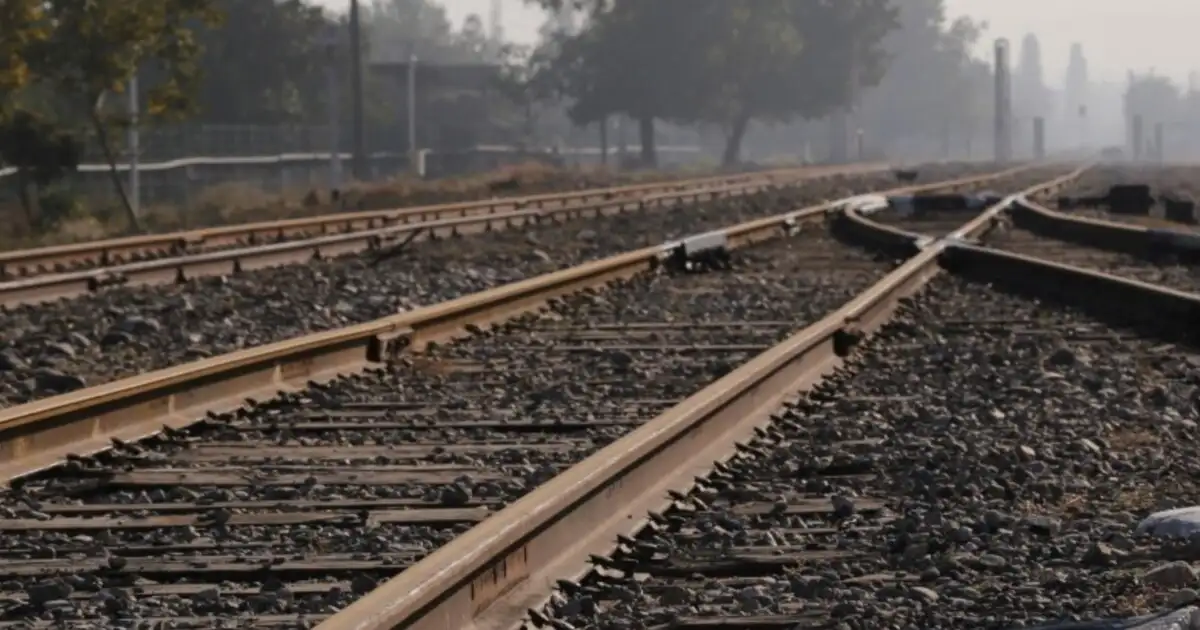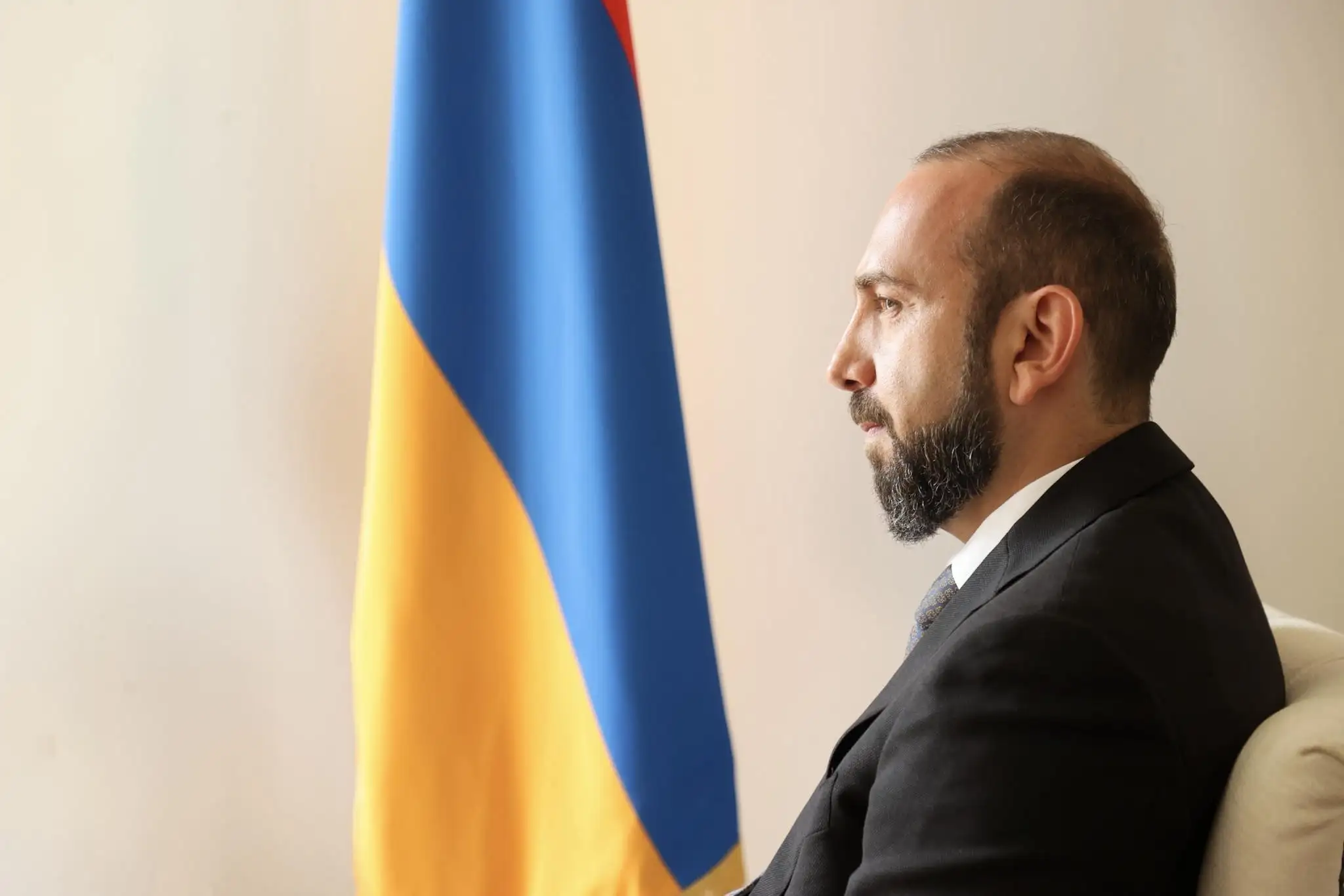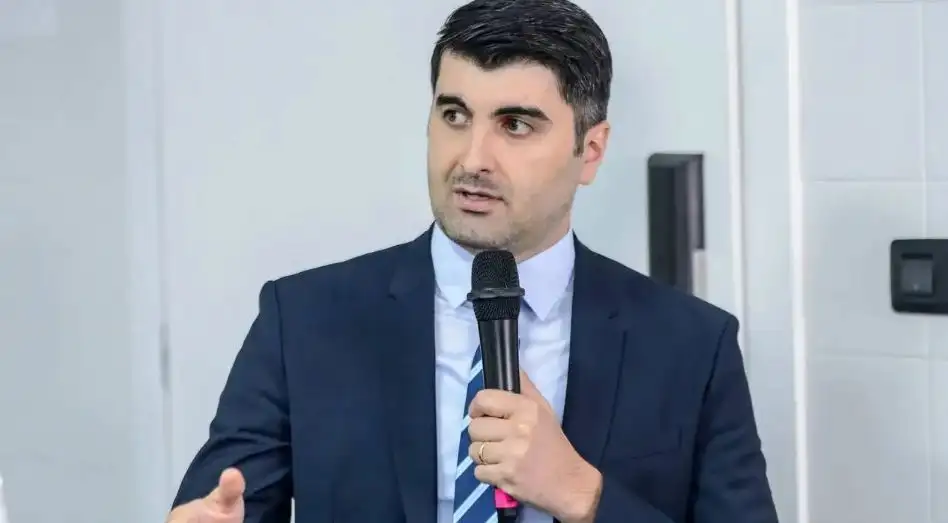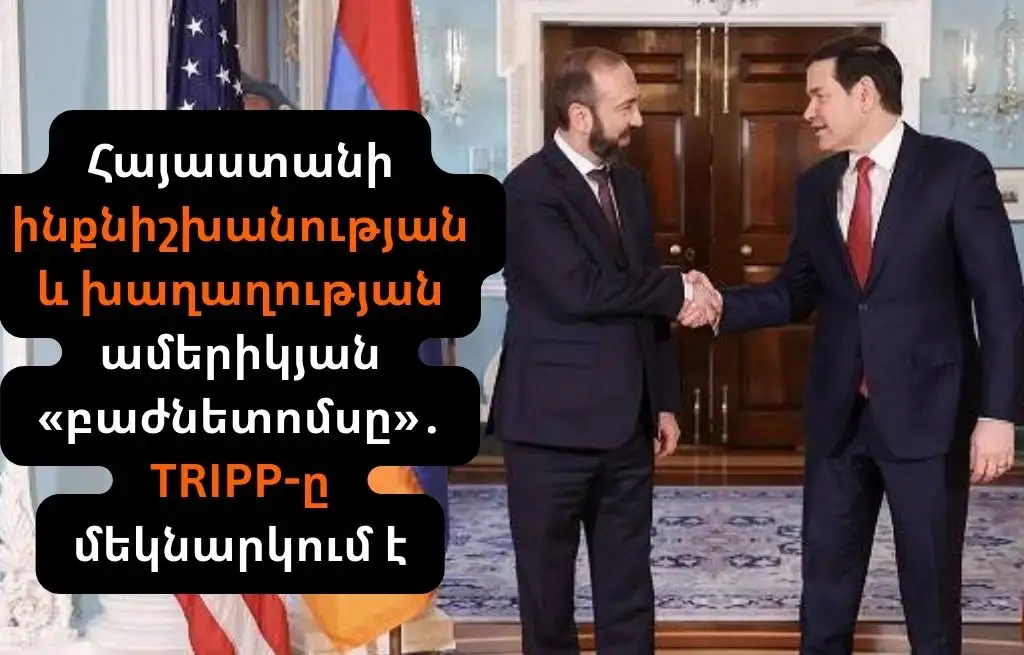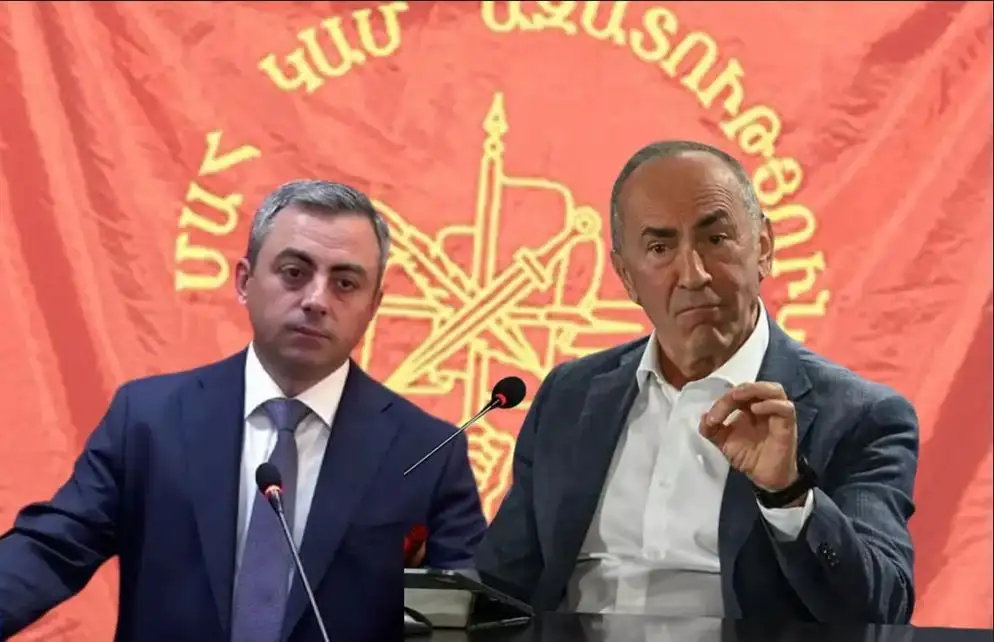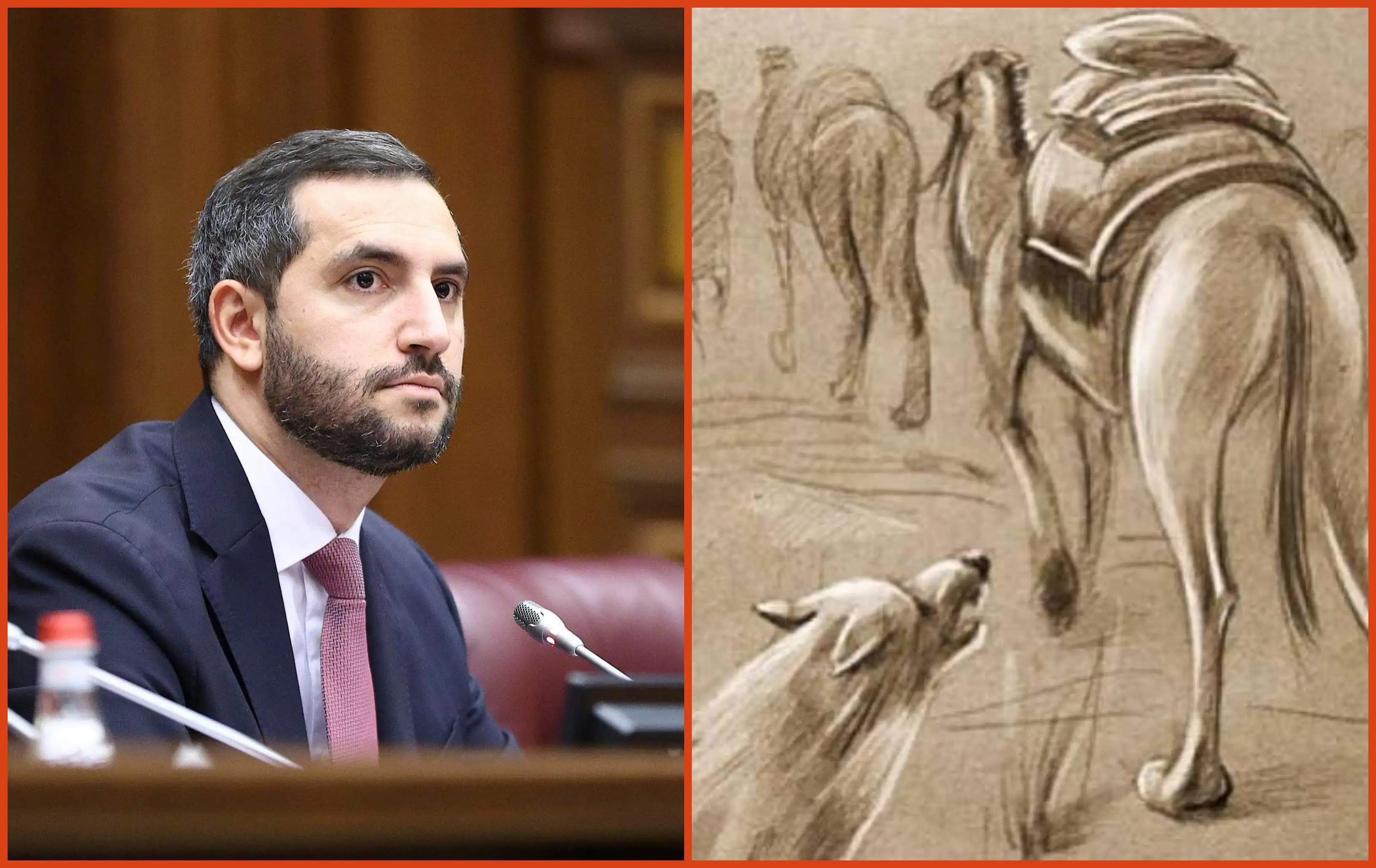"If we have a situation where we are going to sign a paper in two or three days, it is good news and not bad because it means that we have progressed through the negotiation processes and have reached a result," he told reporters. The RA Prime Minister Nikol Pashinyan announced at the meeting.
According to him, that result is not the result of our dreams, but it is a result that should ensure long-term peace, stability, and development.
"Is there a document?" You know that in the middle of February, we conveyed our reaction to the possible draft of the peace treaty to Azerbaijan (there is a draft). And two or three days ago, we received Azerbaijan's response to our project. What can I say about that document? Is there progress on the record? It should be emphasized that we see some progress, but the further we go, the more fundamental problems appear," Pashinyan said.
The Prime Minister presented the problems created by the Azerbaijani side, "Azerbaijan is trying to formulate territorial demands and ambitions to Armenia through a possible peace and relations establishment agreement, which is, understandably, a red line for us. Next, we see that with the proposals of that text, Azerbaijan is trying to obtain a mandate to carry out genocide or ethnic cleansing in Nagorno-Karabakh, including under the signature of RA. Naturally, this is also a red line for us. We also see that Azerbaijan pursues such a line that we do not even have a system of guarantees for the execution of the signed contract, which is also a red line for us. Today we have a written, signed document which is not been implemented. We are talking about the tripartite statement of November 9, 2020, according to which the Lachin corridor should not have been closed in any way, but it is closed. Therefore, this further emphasizes RA's sensitivity in that any document that will be signed should have guarantees of implementation, preferably international."




